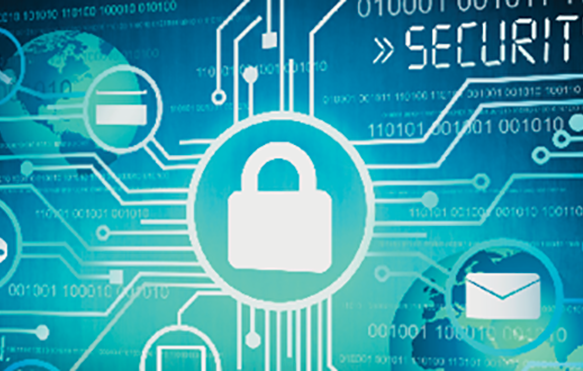Did you know? Cybercrime is considered any criminal activity that involves the internet and it can affect anyone, not just businesses. Sometimes cybercrime will cause an inconvenience and other times it can lead to financial ruin. According to Gallup polls, 27% of U.S. households say they have been affected by stolen credit card information and 11% of U.S. households say they had a computer or smartphone hacked with information stolen by unauthorized users. With cybercrime affecting everyday people, it is important to recognize and prevent cybercrime from happening to you.
Here are some tips from the U.S. Department of Homeland Security on how to recognize and prevent cybercrime.
HOW TO RECOGNIZE CYBERCRIME
- IDENTITY THEFT is the illegal use of someone else’s personal information in order to obtain money or credit. How will you know if you’ve been a victim of identity theft? You might get bills for products or services you did not purchase. Your bank account might have withdrawals you didn’t expect or unauthorized charges.
- PHISHING ATTACKS use email to collect personal and financial information or infect your machine with malware and viruses. Cybercriminals use legitimate-looking emails that encourage people to click on a link or open an attachment. The email they send can look like it is from an authentic financial institution, e-commerce site, government agency, or any other service or business.
- IMPOSTER SCAMS happen when you receive an email or call seemingly from a government official, family member, or friend requesting that you wire them money to pay taxes or fees, or to help someone you care about. Cybercriminals use legitimate-looking emails that encourage people to send them money or personal information.
HOW TO PREVENT CYBERCRIME
- KEEP A CLEAN MACHINE. Update the security software and operating system on your computer and mobile devices. Keeping the software on your devices up to date will prevent attackers from taking advantage of known vulnerabilities.
- WHEN IN DOUBT, THROW IT OUT. Stop and think before you open attachments or click links in emails. Links in email, instant message, and online posts are often the way cybercriminals compromise your computer. If it looks suspicious, it’s best to delete it.
- USE STRONGER AUTHENTICATION. Always opt to enable stronger authentication when available, especially for accounts with sensitive information including your email or bank accounts. A stronger authentication helps verify a user has authorized access to an online account.
Being able to recognize cybercrime is important in order to prevent it. Fortunately, Greater Phoenix has a large cybersecurity presence where businesses are coming together to make the world safer. Learn how cybersecurity is THE thing in Greater Phoenix here.


